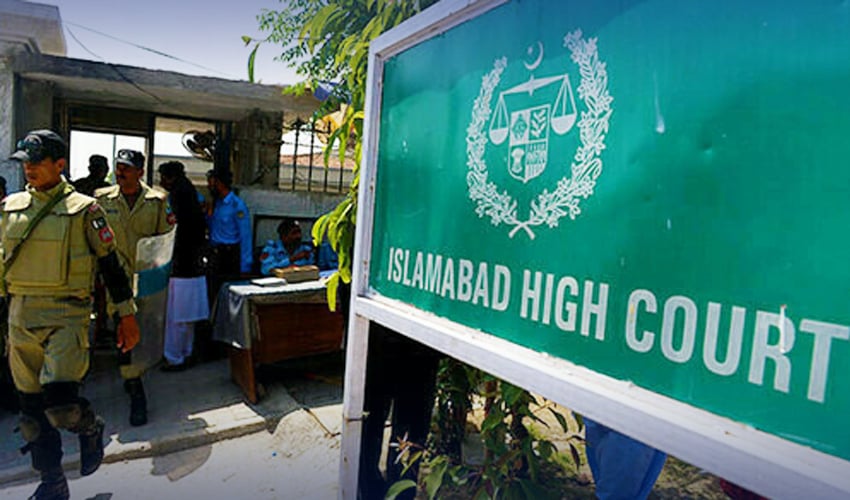A letter addressed to the Supreme Judicial Council (SJC) by judges of the Islamabad High Court, alleging interference in judiciary matters, has sparked controversy. However, emerging details shed light on the underlying motivations behind this move.
Allegations in the letter, including calls to investigate Justice (R) Shaukat Aziz Siddiqui, have brought to light the complexity of internal dynamics. However, the true motive behind the letter has now surfaced, shedding light on a deeper agenda.
Following the resignation of Judge Mazahir Naqvi, who stepped down to evade dismissal, another judge, Mohsen Akhtar Kayani, reportedly faced looming legal threats. The letter, it is suggested, serves as a strategic move to rally media and public pressure, ostensibly to shield judges from accountability.
The letter, signed by several judges, aims to rally media and public pressure on the Chief Justice and agencies to safeguard judges from alleged misconduct investigations.
Critics argue that rather than addressing pending cases, some judges are focused on shielding associates from accountability.
Furthermore, allegations suggest that the letter serves as a collective effort to influence the appointment of a Chief Justice favorable to their interests. Some judges, notably Mohsin Akhtar Kayani, are purportedly positioned for this role.
Moreover, claims have surfaced regarding misconduct, dual citizenship, and undue protection of family members. Some judges, allegedly lacking experience, have been implicated in decision-making beyond their tenure.
Sources indicate that while some judges, particularly those newly appointed, lack significant experience, others, like Mohsin Akhtar Kayani, are regarded as seasoned figures. There's purportedly a collective effort among certain judges to advocate for Kayani's appointment as the Chief Justice of the Islamabad High Court.
The letter, according to critics, is seen as a maneuver to ensure the selection of a Chief Justice who aligns with their interests. Allegations suggest a desire for a Chief Justice who would facilitate their ambitions and safeguard their affiliations. This move is perceived as an attempt to revive support for their preferred leader and associated endeavors.
Critics argue that such efforts compromise the integrity of the judiciary and raise concerns about transparency and accountability within the legal system. Calls for impartiality and adherence to judicial principles grow amidst the unfolding controversy.



























